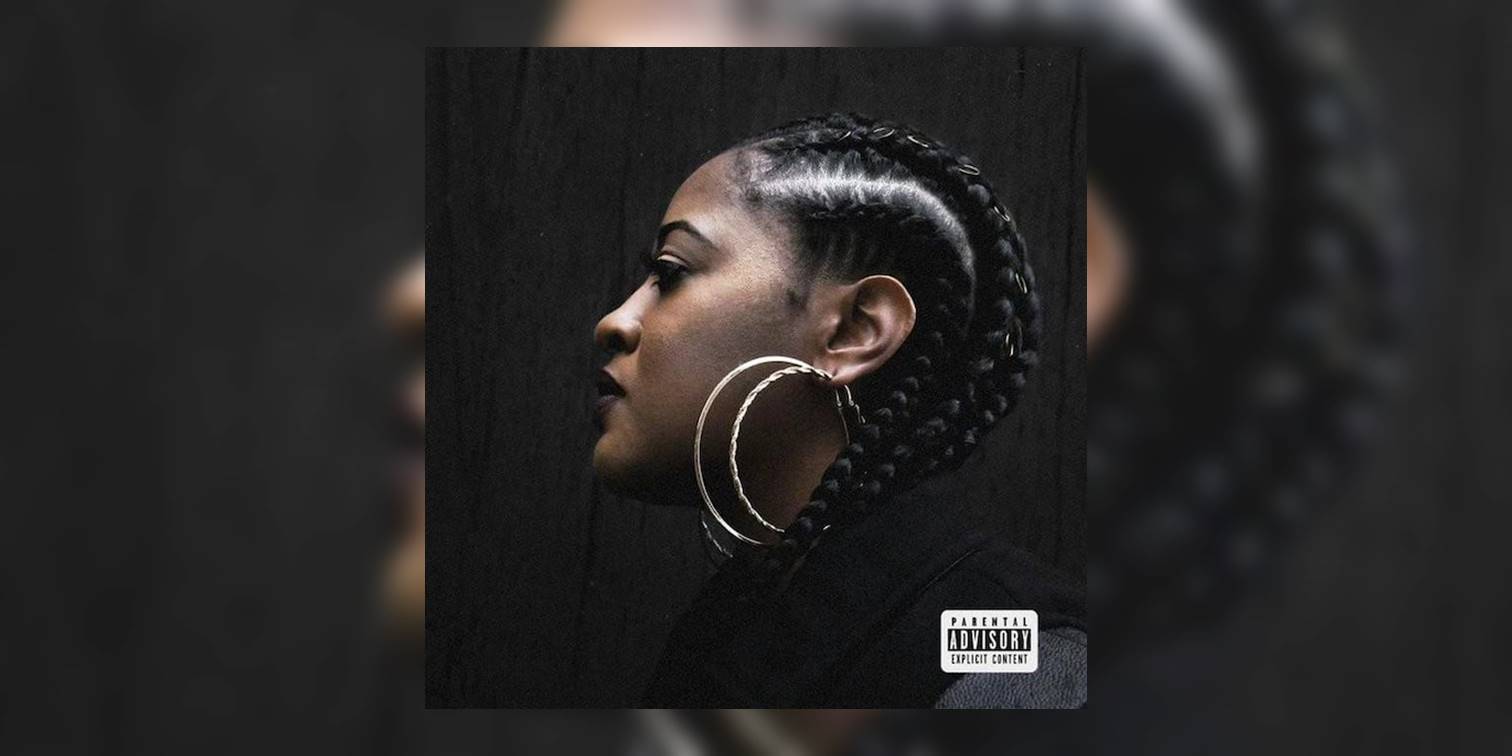Rapsody
Eve
Jamla/Roc Nation
Buy Here | Listen Below
Listening to Rapsody’s latest album reminds me of the nebulous praise heaped upon Black women in the wake of December 2017’s Alabama Senate race, where their votes were unequivocally responsible for seating Doug Jones over racist, homophobic, transphobic, Islamophobic, and alleged sexual assaulter Roy Moore. The fleeting “Black Women Saved Us” social media platitudes vaguely thanked them for their service, but offered no apologies for continued marginalization, no promises to have their back in return, and no acknowledgment of their autonomy as if Black women didn’t have their own self-interests in which to act.
With every track mononymously named after iconic Black women (similar to Jamila Woods’ LEGACY! LEGACY!), Rapsody’s Eve defiantly gives voice to that oft-ignored sovereignty through songs unwaveringly dedicated to exploring, exemplifying, and exalting the diverse facets of their experience. Even the LP’s title is a sly acknowledgment of how Black women have been exed out of history, despite being paramount to its very creation and existence.
In typical rap album fashion, Eve starts in earnest with the mission statement of “Nina,” which samples Ms. Simone’s rendition of Billie Holiday’s infamous protest song “Strange Fruit,” but fully sets it off with “Cleo,” where 9th Wonder flips Phil Collins’ “In The Air Tonight” (last sampled on Meek Mill’s Championships intro) into a pounding backdrop for Rapsody to pugnaciously let loose on anyone doubting her talent or worth.
The first verse takes direct aim at fellow female emcees and Rap Radar, but the second goes a little deeper, focusing its scope on industry politics: “Enough bragging, let's talk about the bagging / Talk about the money, who in this business they staffing? / Who milk the cows but they never put a calf in / White men run this, they don't want this kind of passion / A black woman’s story, they don't want this kind of rapping / They love a fantasy, they love the gun bang action / What good is a Black woman to them? / Raped us in slavery, they raping us again / Only put us on TV if our titties jiggling / Jay tried to give us Tidals and we giggling at him.”
References to the Roc Nation head honcho are littered throughout Eve (“Black joy, euphoria / We wanna smile like Gloria / That's Hov mama, word to my mama,” “Whatever I be rocking in / I speak the truth / Like 222 times 2 / That's 4:44,” “While everybody in my gang a star, DJ Preem / Screaming through the sunroof, ‘Money still ain't a thing’”), which is logical given her label affiliation, but seem slightly misplaced on an album so singularly focused on celebrating women.
But perhaps Rapsody just can’t help herself. Slick wordplay and callbacks are something she does better than nearly anyone, and this album is full of lines that will take multiple careful listens to decipher. Whether effortlessly working song titles into “Aaliyah,” subversively name-checking Common on a song named after the billionaire who famously made her bones in his hometown (“Oprah”), sneaking her most popular film into the hook of “Whoopi,” or dropping literary and athletic science on the D’Angelo and GZA collaboration “Ibtihaj” (“Hands bury the man and they raised the son, Lorraine / That's a play on words,” “See my goals from a bird's view like Trae Underage”), Eve is rife with rewindable rhymes.
Nevertheless, cleverness can't impress, and Rapsody doesn’t rely on wit alone to claim respect. Eve’s greatest strength lies in her aforementioned willingness to tackle a myriad of topics related to the Black woman’s experience. She salutes diverse femininity on “Aaliyah,” asserts self-love on “Tyra” and “Iman,” speaks for the widows of unjustly murdered Black men on “Myrlie,” and takes Black men to task for not showing proper love and respect for their women on closer “Afeni,” which samples both the dearly departed Black Panther’s infamous son and the oft-used Deniece Williams’ “Free.”
The production throughout the album, mostly tag-teamed by 9th Wonder and Eric G, is sample-heavy but has little of the sonic grit or dynamic beat changes heard on earlier releases like Crown, Beauty and the Beast, or the warmer moments of 2017’s GRAMMY-nominated Laila’s Wisdom. The result is a complementary sound that while not exactly radio ready, is clearly meant to appeal to an above-ground audience.
“Oprah,” with its distinct bounce, Leikeli47 feature, and emphasis on repetitive refrains feels particularly tailored for club play, but never loses its message about financial independence, which poet and album narrator Reyna Biddy helps to bring home with her spoken word outro. In places where the beats are a bit thin (“Serena,” “Tyra”), Rapsody’s commanding presence and subject matter encourage repeated listens.
Though she can rip a mic to shreds with the best of them, with Eve, Rapsody continues to show and prove she’s aiming at and well-equipped for far weightier goals.
Notable Tracks: "Cleo" | “Hatshepsut” | "Maya" | “Sojourner”
LISTEN:


